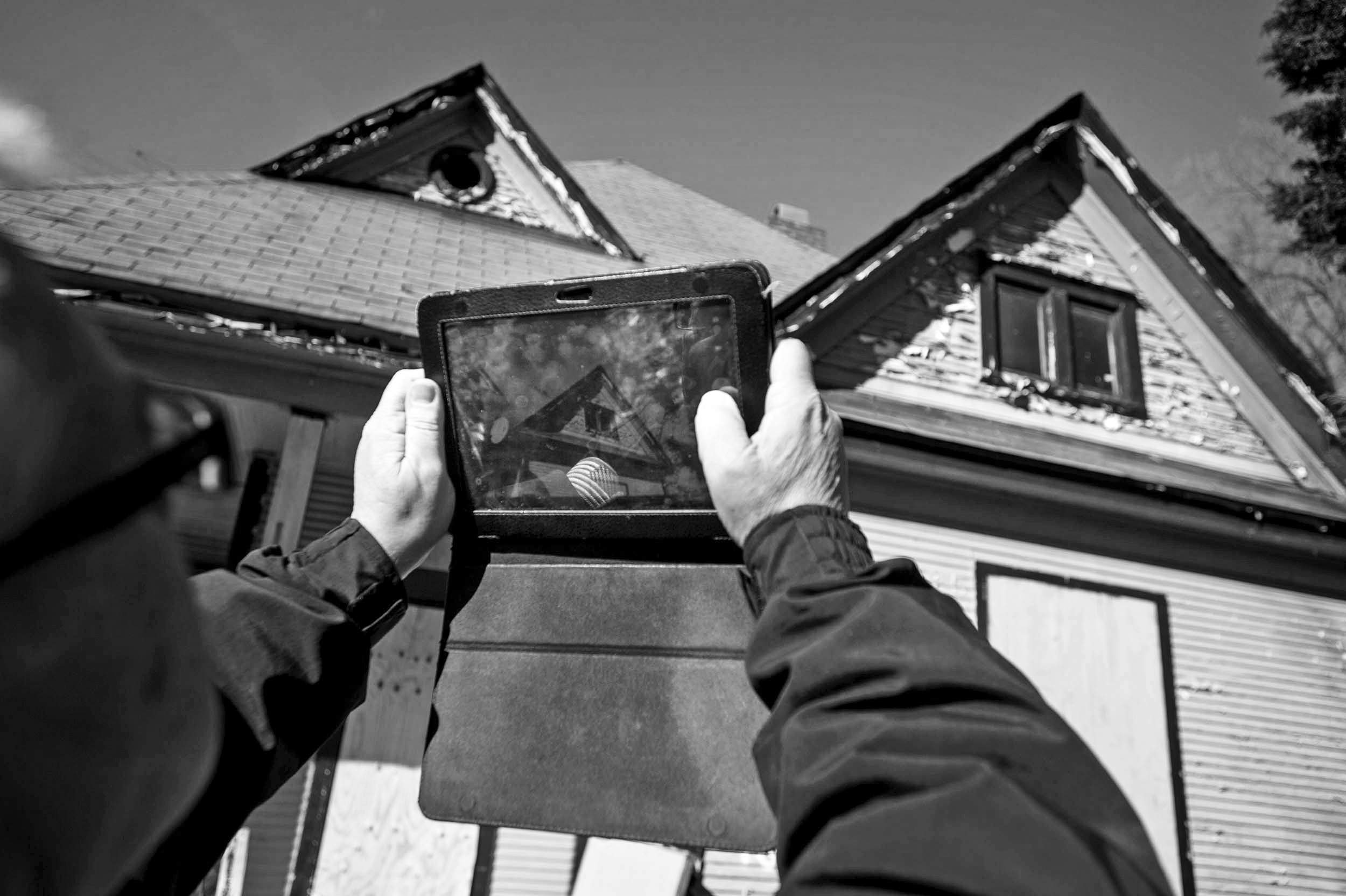This monthly column is dedicated to explaining in layman’s terms the complex legal issues that are involved in neighborhood revitalization in Memphis. Of all the legal tools necessary to resolve neglected property conditions, a strong property maintenance code that is adequately enforced is the most fundamental. In the law school clinic that we direct, we require students to read the lengthy academic article by Joe Schilling entitled “Code Enforcement and Community Stabilization: The Forgotten First Responders to Vacant and Foreclosed Homes.”
The title says it all – the Code Enforcement personnel charged with enforcing property maintenance standards are first responders to chronic neglect and abandonment of real estate, which has become a crisis in Memphis neighborhoods. And we want those first responders to have the best tools possible.
In December 2018, the Memphis City Council delivered to our team of property condition first responders the best and most valuable tool available when they adopted the International Property Maintenance Code (“IPMC”). The International Code Council developed the IPMC to establish and promote essential standards for health, safety, and welfare by requiring maintenance of structures throughout a community. State and local governments from 36 states and the District of Columbia have adopted the IPMC.
Effective in Memphis since January 1, 2019, the IPMC replaced both the former housing code and the former commercial anti-neglect code, decades-old relics that were out of synch with modern needs and market realities. Some of the challenges we faced with the old codes included confusing and outdated terms and processes, lack of clear requirements for compliance, inability of the City to recover the full enforcement costs from violators, and inconsistency internally and across similar types of codes. Also, since our codes were something of a hodgepodge and applicable only in Memphis, there was no external benchmarking or training and certification mechanism for local inspectors, supervisors, managers and the official responsible for enforcing the standards (the “Code Official”).

We believe the adoption of the IPMC will be the foundation for dramatic improvements in the efficiency and effectiveness of property maintenance standards enforcement in all Memphis neighborhoods. Of course, as with all changes in law, implementation will be the key to success. But there is strong commitment and capable leadership within the City administration, and we are optimistic that Memphis is doing all of the right things to make sure the IPMC works for its neighborhoods.
So why is the IPMC such a big deal? As adopted in Memphis, the International Property Maintenance Code directly addresses each of the weaknesses described above and builds in new important elements to promote compliance. Some highlights include:
- Clear and modern language is used and streamlined modern processes are established. For example, the process for removal of unsafe structures is vastly simplified through understandable definitions and the establishment of a simple and transparent process from notice to removal of the unsafe structure, if required.
- All costs expended by the City to bring a property into compliance, from the first violation notice to the last inspection, are expressly recoverable from violators and become a lien on the violator’s property if not paid.
- All property maintenance standards for all types of properties, houses, buildings and structures (except hotels and motels) are established in one place rather than across multiple ordinances.
- Since versions of the code are used broadly across the nation, our property maintenance enforcement professionals can become “IPMC Certified.” Such certification is good for Memphis, makes our professionals more marketable, and raises their morale.
- The IPMC is now seamlessly connected to the other locally applicable technical standards that govern electrical, plumbing, central heat and air, energy efficiency, and building codes.
- Notices of violation of the International Property Maintenance Code bring with them a legal prohibition against transferring the subject property before the violation is corrected or written consent of the buyer to make the improvements is secured.
- Owners of property are required to keep the property free of all pests, including bed bugs, which were previously not specifically defined as “pests” in housing code.
- A very specific and proven standard for the temporary boarding of vacant structures, where required, is established.
While new and modern elements and concepts are introduced by the International Property Maintenance Code, many provisions of the old codes that have been functioning well or that are unique to Memphis have been preserved in the Memphis version. Some examples are:
- Where escalated enforcement is necessary or where an owner wishes to appeal a decision made by the code official or the inspection team, the Shelby County Environmental Court will still be the place for such matters to be addressed.
- The very successful Memphis Light Gas & Water “Excessive Utility Consumption Code Officers” are still authorized under the new code. These officers, who are employees of MLG&W, enforce weatherization standards at rental properties where tenant occupants are faced with unreasonably high utility bills due to lack of proper insulation and other weatherization measures.
- Volunteer Reserve Officers are still authorized under the new code. Such volunteer officers, once trained and deputized by the code official, are authorized to issue notices of violation of the property maintenance standards. This approach to increasing the eyes and ears in neighborhoods was a popular feature of the prior housing code.
- The existing, very effective process of removal of inoperable motor vehicles after reasonable notice to owners remains unchanged.
For more information please visit npimemphis.org
Barlow and Schaffzin co-direct the University of Memphis School of Law’s Neighborhood Preservation Clinic where they supervise law students handling Environmental Court lawsuits on behalf of the City of Memphis. Schaffzin is an associate professor of law and director of experiential learning and Barlow is adjunct faculty and part time staff attorney for the City. Barlow serves as President of Neighborhood Preservation, Inc. Together, Steve and Danny are proud to have launched a new law partnership this year, Barlow & Schaffzin PLC.

